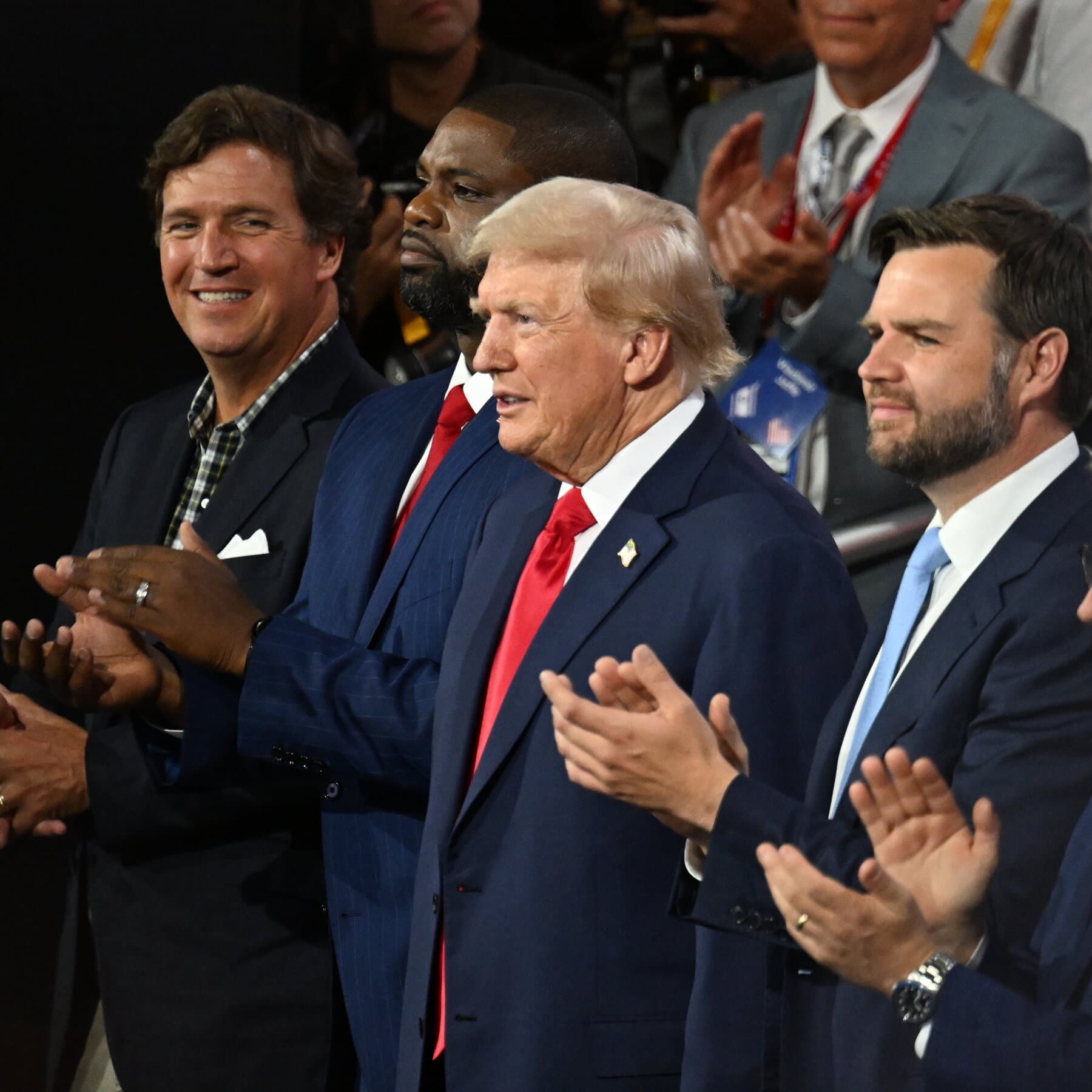Jonathan Karl Reveals Key Players in Trump's VP Selection: Donors Opposed Vance, Carlson Intervened

Jonathan Karl, a prominent political journalist, has shed light on the internal dynamics surrounding former President Donald Trump's selection of Senator J.D. Vance as his Vice Presidential running mate. Revelations indicate that a faction of Republican donors actively opposed Vance's nomination, while figures like Tucker Carlson played a crucial role in advocating for him.
According to Karl's reporting, a significant group of Republican donors voiced strong objections to Vance, primarily citing his past criticisms of Trump, his perceived youth and inexperience, and a fundamental disagreement with his ideological and policy positions, particularly his stance on foreign policy. These donors reportedly focused on Vance's "staunch opposition to U.S." involvement in certain international affairs.
Conversely, influential conservative media personality Tucker Carlson emerged as a key supporter of Vance. When reports suggested that Trump might be reconsidering Vance, Carlson reportedly intervened to bolster the Ohio Senator's candidacy. The former president was reportedly impressed by Vance's intelligence, appearance, and performance in debates, often remarking on his "beautiful blue eyes."
Vance's journey to becoming Trump's running mate involved a significant shift from his earlier "never-Trump" stance in 2016. He later publicly apologized for his criticisms and adopted hard-line positions aligned with Trump's agenda, particularly on issues like immigration. This transformation, coupled with an endorsement from Trump during his 2022 Senate campaign, solidified his standing within the MAGA movement.
The selection of Vance, a 39-year-old from Ohio, is seen by some as a strategic move by Trump to secure a "fierce defender" and shape the future direction of the Republican Party. Analysts suggest Vance's age and alignment with Trump's "America First" agenda position him as a potential leader for the party beyond a hypothetical Trump second term. The pick also reflects a focus on appealing to working-class voters in key Rust Belt states.